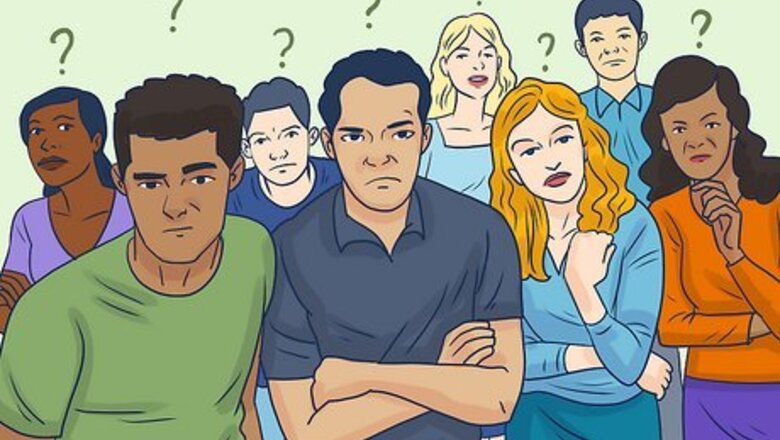
views
The Misconceptions of Others
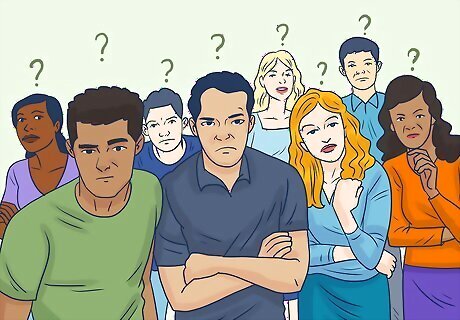
Get ready to put up with a bunch of conspiracy theories as a Mason. Freemasonry is arguably the most misunderstood organization in modern history. It’s a fraternal organization that emphasizes personal growth, belief in a higher power, and commitment to the community. The uneducated masses will assume you’re doing black magick with lizard people though, so get ready to deal with a lot of annoying questions and assumptions. Most modern “Illuminati” conspiracy theories involve the Freemasons in one way or another. Part of it is because Freemasonry is so old and has had so many famous members (George Washington, for example!). The other component is that Freemasons are secretive about their rituals and ceremonies. The Illuminati was a real organization back in the day, and they did briefly recruit some Freemasons in the 18th century because Freemasons tended to be wealthy, but that’s about it. There’s no secret cabal running the world and the Illuminati hasn’t existed since 1785. The reality is that Freemasonry is basically a combination of a church and a social club. There’s nothing so secretive or insidious about it that you should be ashamed to be a Mason, but people will have silly questions regardless.
The Time Commitment
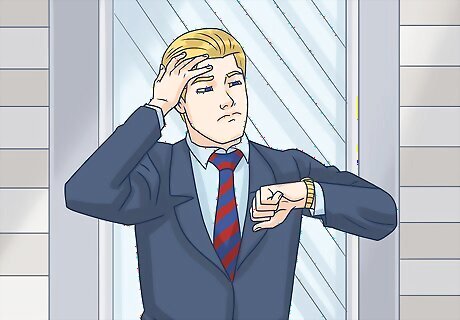
As a Mason you’ll need to attend frequent and regular meetings. Most lodges meet around once a month, and each meeting lasts 2-3 hours. That may not sound like a lot, but there are also regular charity events, meetings, and dinners with fellow members, and you’ll need to participate if you want to advance as a mason. If you grew up only going to church whenever you felt like it, this might feel a touch too intense for you. One of the major benefits of participating as a Mason is the social network you’ll develop. Yes, you’ll need to invest your time. But, you’ll build a lot of meaningful relationships over time for all that effort.
The Secrecy
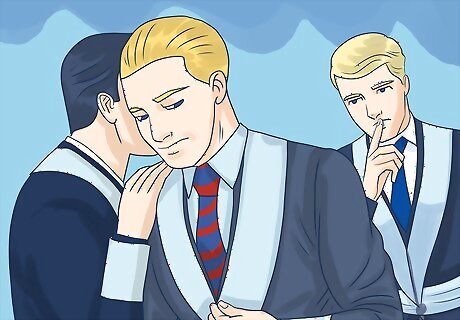
A lot about Freemasonry is unknown, and you’ll have to keep it that way. For hundreds of years, Freemasons ran a secret society. The Masons learned that there’s a benefit of all that secrecy—it helps attract new members, it makes it easier to avoid public scrutiny, and it alleviates a lot of the claims of nepotism if members help one another. With that said, if you’re the kind of person who loves sharing everything, Freemasonry may feel a little awkward. If you really dig around online, a lot of Freemasonry really isn’t all that confidential. It’s more that there’s a long tradition of Masons keeping to themselves, so there’s a social taboo among Masons about putting their business out there. If a Mason reveals internal secrets, they can be reprimanded or suspended from their Lodge. At worst, they’ll be expelled from your Order.
The Outfits
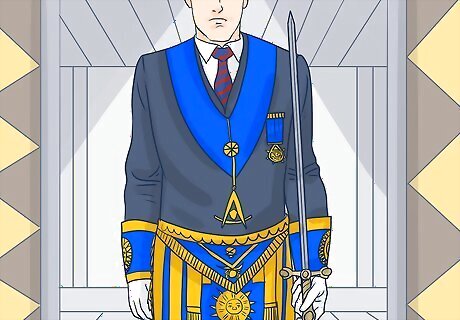
If you don’t like dressing up, Freemasonry can be a tough sell. At your first ceremony, you’ll probably be told to dress up. You’ll also wear a ritualistic chain, expose your left breast, and put a blindfold on. And that’s just the initiation process. Poke around online and you’ll see Freemasons wearing all kinds of ritualistic gear, fancy clothes, and elaborate hats. If you’re a sweatpants and T-shirt kind of person, it may not be your vibe. The unique clothing and accessories are all symbolic. It may seem strange at first, but so would a lot of other religions and organizations if you weren’t familiar with them. Every lodge is different when it comes to the strictness of the dress code and ceremonial garb, so your mileage may vary on this one.
The Kind-of Religion
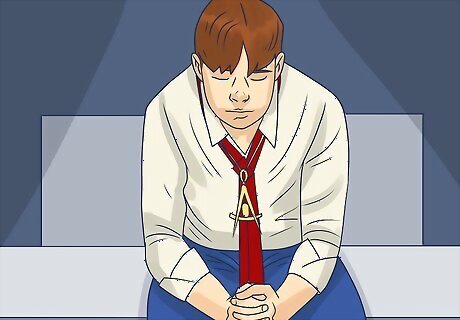
If you don’t like open-ended beliefs, you may struggle emotionally. Freemasonry is not a religion. However, every member of a lodge is required to believe in a higher power as a condition of their membership. The result is a community and belief system that’s explicitly religious but without the rigor, doctrine, and self-certainty of an organized faith community. If you struggle with uncertainty, Freemasonry may not be for you. This is actually one of the most attractive things about Freemasonry for a lot of people. It’s the closest thing to organized agnosticism out there. You'll need to swear on your religion’s holy book (or a book that exemplifies your religious beliefs) as part of the early rituals, so you'll have to disclose what faith or higher power you believe in. Most Masons are very open-minded when it comes to different religious beliefs, though. Just to clarify, there are Muslims, Christians, Mormons, and Buddhists who are Freemasons. There aren’t any atheists, though.
The Financial Obligations
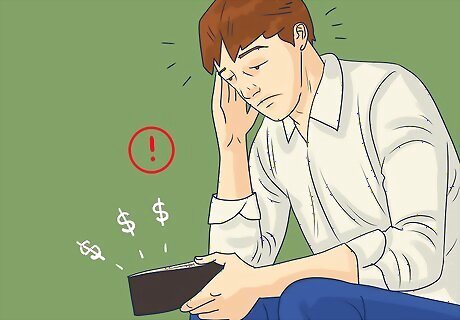
Freemasons are expected to invest in the temple and other members. If you took all of the Freemason lodges on the planet and combined them, it’d probably be one of the biggest charitable organizations on the planet. Charity is one of the pillars of life as a Freemason, and members are known for assisting their fellow Masons when they fall on hard times. If you don’t have a stable income and savings or you are a little on the frugal side, Freemasonry may not be right for you. This is probably why most Freemasons are over 30 (the average age at some lodges is around 65!); they’re already established in their careers and able to spend some money without much worry.
The Lack of Diversity
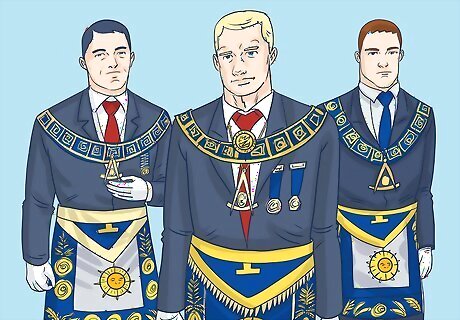
Only some lodges allow women, and most Masons are white. This is probably going to be less noticeable if you live in a diverse metropolitan area, like Detroit, Chicago, or New York. However, you may still notice that Freemason lodges don’t tend to be bastions of diversity and inclusion. There are all kinds of different subsets, sects, and chapters in Freemasonry (such as the Order of the Eastern Star, or the Order of the Pugs). Some groups may be more inclusive and diverse than traditional Freemasonry. Depending on where you live, there may be two separate Mason lodges depending on your race. White members join Grand Lodges while black members join Prince Halls. This is especially notable if you live in the South, where the 12 Southern states don’t officially recognize black masons as their brothers.
The Stern Hierarchy
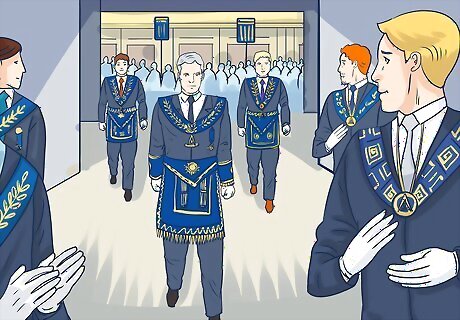
You’ll be starting at the bottom of a strict and rigid organization. It’s not that Freemasons themselves are particularly stiff and rigid people, but as an organization Freemasonry isn’t exactly freewheeling. You will be entering a complex organization with a clear hierarchy, and this can be difficult if you aren’t used to being the low person on the totem pole. With that said, it isn’t particularly difficult to move up in the organization and gain new responsibilities if you’re willing to put the time and effort in.
The Dwindling Membership
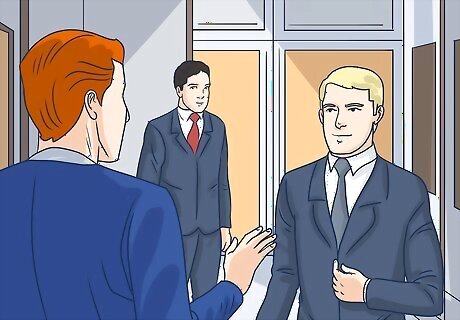
Freemasonry does appear to be struggling a little these days. Religiosity in general is declining in most of the Western world, and Freemasonry is no different. It’s unclear what the world will look like in the future, but the role and prestige of the local Freemason lodge may be significantly diminished. At the same time, this also means that you won’t be lost in the shuffle. A Freemason Lodge isn’t like a megachurch where you’ll be an anonymous face in the crowd, and Lodges will only feel more intimate and communal in the future.











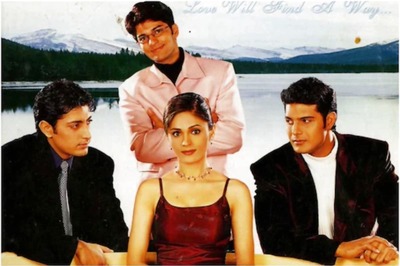
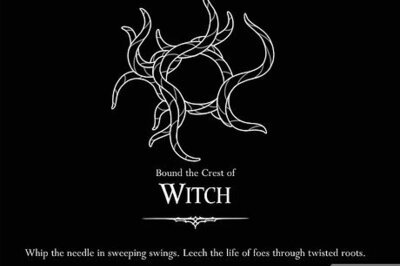

Comments
0 comment